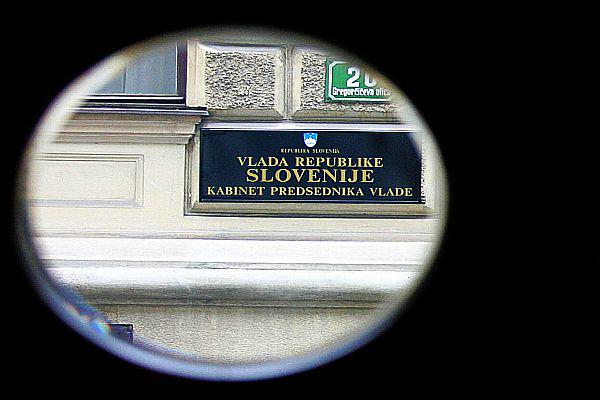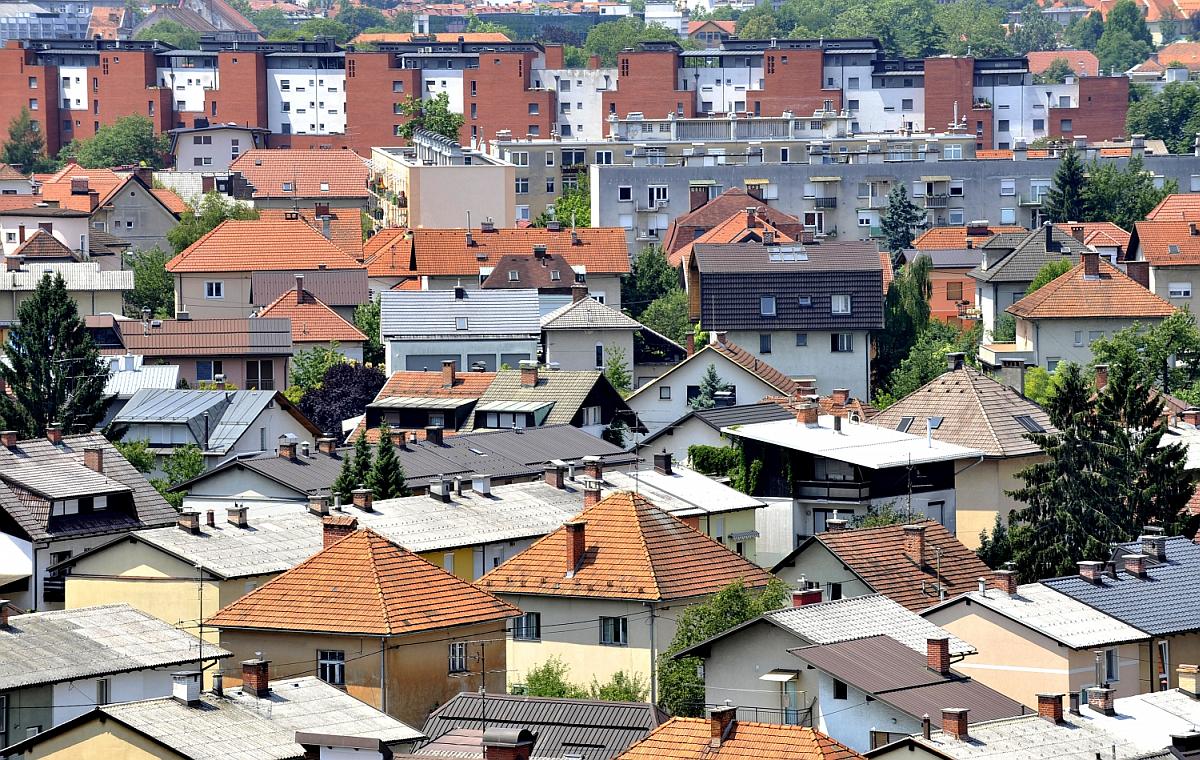
One half of the collected sum will go the municipalities, and the other half into the budget, but it will be by approximately 15 million euros smaller than previously estimated. The bill was adopted almost unanimously by all the ministers, only the Minister of Health Tomaž Gantar abstained, while the Ministers of Foreign Affairs Erjavec was absent. The government also decided to keep the rate for residential real estate at 0,15 percent, and for non-residential 0,50 percent. The tax basis for residential real estate, which will become valid after a one-year transition period, will instead of 80 percent amount to 85 percent of the value registered in Surveying and Mapping Authority of the Republic of Slovenia (Gurs), and for the other real estate 100 percent of the estimated value.
A higher tax basis remains for non-residential apartments; the government decided for it because of the wide support this measure received, as explained Vraničar. She discourages moving only for the purpose of reducing tax burden, probably because of the very likely occurrences of change of permanent residence after the eventual introduction of the real estate tax.
The poor will pay less
The revised version of the bill draft includes also a corrective measure for the poorest section of the population. They will be entitled to a 50-percent reduction of tax obligations, said the Finance Ministry State Secretary Mateja Vraničar. A 30-percent reduction of tax obligations is foreseen also for the disabled. Each individual will be able to request payment in instalments if the required conditions are met.
There is also a possibility of tax conversion; the tax due can be registered to the debtor's real estate, and the tax will be paid later at the occasion of sale, or change of ownership, was explained after the government session.
Cultural monuments, fire stations, and sacral buildings, in the strictest meaning of the word, i.e. those used for worship, will be exempt from taxes. This decision was made as in the opposite case Slovenia would be the only country in Europe to tax such buildings, explained Čufer. Exempt from taxes will be also infertile land and protective forests, and forest reserves.


































































